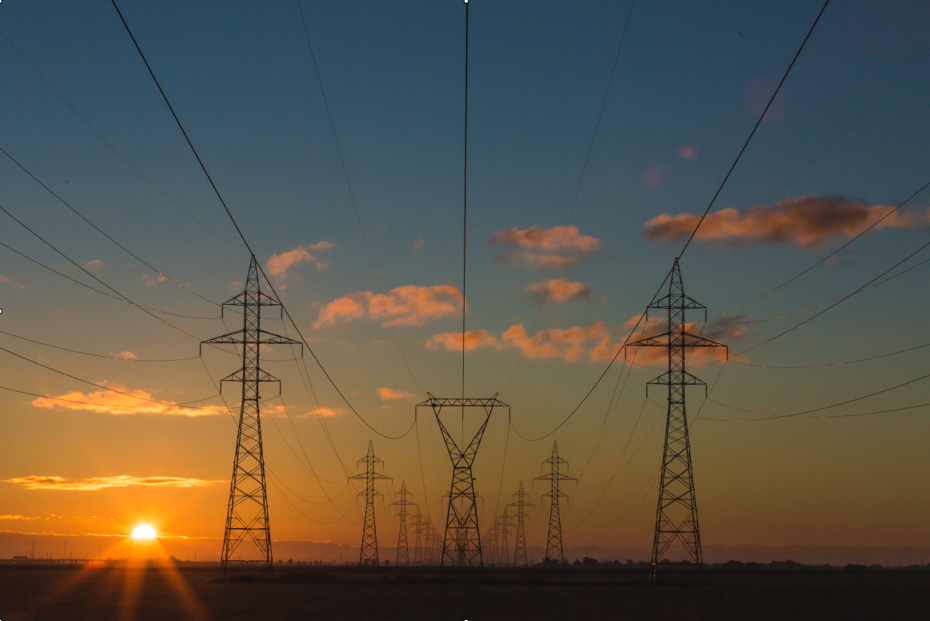The rising gas and electricity bills of customers have been a significant concern for energy companies and utilities. While the cost of energy generation has remained relatively stable, customers are often surprised to find that their gas and electricity bill has gone up substantially. The main reason for this is indirect costs such as transmission, distribution, and other fees, including payments costs. As a result, utilities have seen a decline in customer satisfaction, and customers have lost faith in energy companies’ ability to provide affordable energy.
However, there is hope for utilities looking to win back customers’ goodwill and keep regulators onside. There is new technology in payments rapidly becoming mainstream, so called open banking and open banking as a service, so it may just be that Open banking payments can help with this problem. In this blog, we will discuss how open banking payments can help utilities reduce costs, including indirect costs, and improve customers’ satisfaction.
What are open banking payments?
Open banking payments are a set of payment solutions that allows customers to pay their bills directly from their bank account. This payment method is facilitated by open banking as a service, which enables FCA authorised FinTechs, like Ordo, to use secure Open Banking APIs to initiate customer payments, with the customer’s consent. With open banking payments, customers can authorise their bank to share their payment details with utilities and energy companies, who can then collect payment directly from their account.
How can open banking payments help utilities, specifically energy companies, reduce costs and even indirect costs?
One of the main benefits of open banking payments is that it reduces the cost of payments processing for utilities. Traditional payments methods, such as card payments, incur fees that are passed on to customers. By using open banking payments, utilities, and especially energy companies where customers may be making duplicate payments: one for gas and one for their electricity bill, can reduce the fees they pay for payments processing and, in turn, pass these savings on to their customers.
In addition to reducing payments processing costs, open banking payments can also help utilities reduce the cost of customer acquisition. With the ability to offer more convenient payments options, utilities can attract and retain more customers. This is particularly important in a competitive market where customers have more options than ever before.
How can open banking payments and, in particular, open banking as a service, improve customer satisfaction?
One of the biggest challenges for utilities, particularly energy companies, is improving customers’ satisfaction. With rising gas and electricity bills, many customers are frustrated with the cost of energy and the lack of transparency around their bills. Open banking payments can help address these concerns by providing customers with more control over their payments.
With open banking payments, customers can see exactly how much they are being asked to pay, by whom, and when payments are due. This transparency can help build trust between customers and energy companies and improve customers’ satisfaction. Additionally, with open banking payment solutions, the convenience of being able to pay directly from their bank account knowing the bill has been immediately settled and what they see in the their bank account is exactly what they have left, can help reduce the stress and hassle of paying gas and electricity bills.
And what is open banking as a service? Well unless you’re utilities or energy companies with time and money on your hands to build customers’ journey, tech, screens for payments solutions digital flows, you’re going to want to use an open banking FCA authorised FinTech that will do all the tech and build for you, and provide you with a turnkey plug and play solution, like Ordo.
Conclusion
Utilities, with the focus on energy companies as we continue to navigate a cost of living crisis and the high cost of energy companies’ bills being exacerbated by the Russian war, are under pressure to reduce costs, including hidden indirect costs, and improve
customers’ satisfaction. Open banking payments offer a solution that can help achieve both of these goals. By reducing payments processing costs and providing more convenient payments options, utilities can attract and retain more customers while keeping direct and indirect costs under control.
Open banking payments also offer a level of transparency that traditional payments methods cannot match. By giving customers more control over their payments, energy companies can build trust and improve customers’ satisfaction.
Overall, open banking payments offer a win-win solution for utilities and energy companies looking to win back customers’ goodwill and keep regulators onside. As the energy market continues to evolve, it is clear that open banking payments will play an increasingly important role in helping utilities and energy companies stay competitive and meet the evolving needs of their customers.
